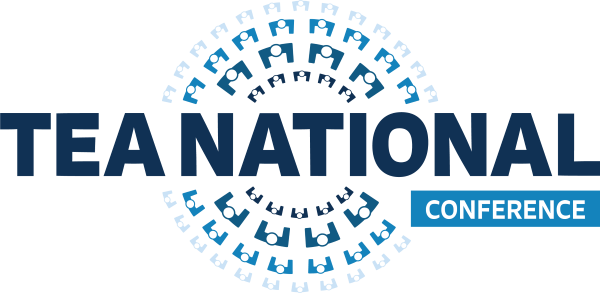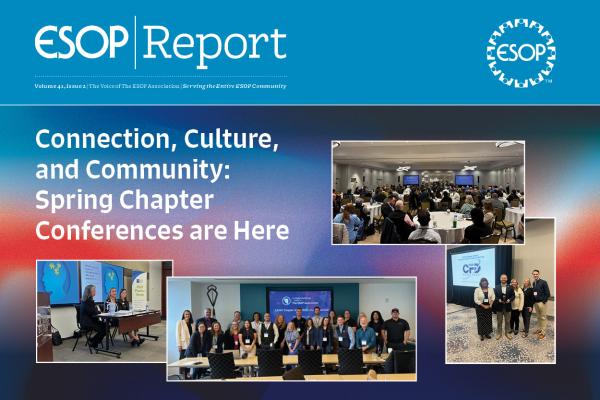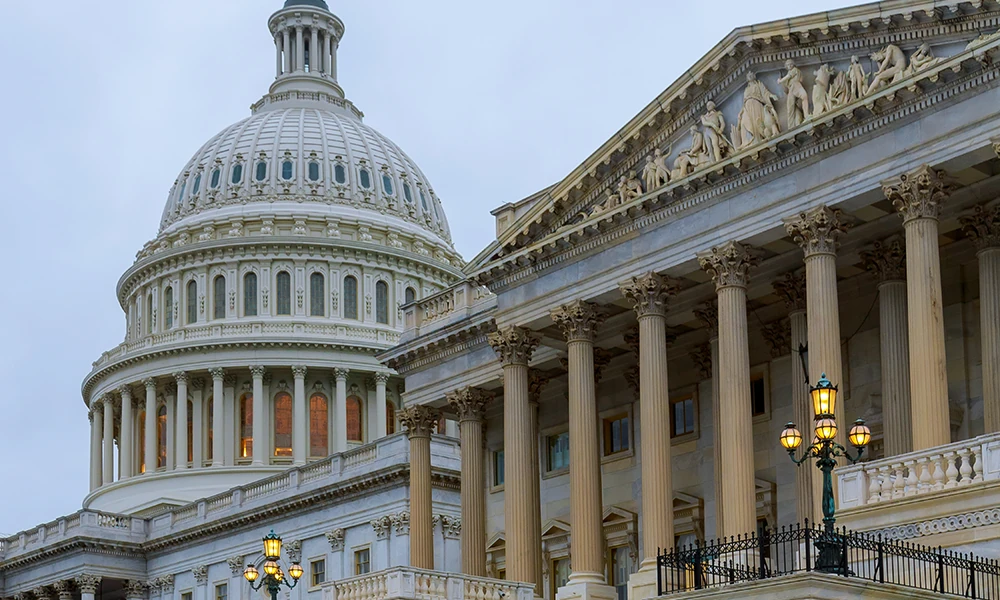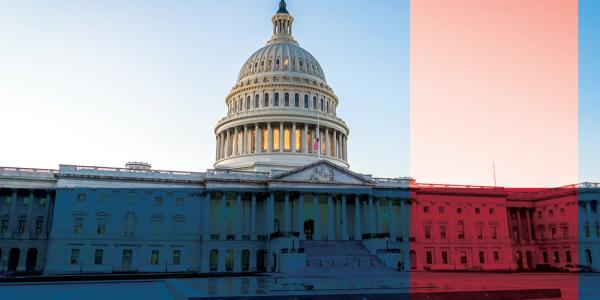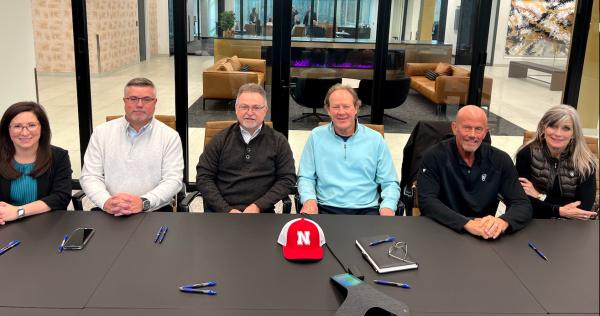Yesterday the House of Representatives passed H.R. 8294, a package of six fiscal year 2023 federal appropriations bills. The six-bill package includes the FY 2023 Financial Services and General Government funding bill, whose related agencies like the Small Business Administration have regulatory oversight of some ESOP-related issues, and which includes provisions that will directly impact ESOPs and employee ownership in America. The ESOP Association has been championing these issues for many years, and has worked closely with Congressional leaders to enact legislation that supports and grows employee ownership in the U.S.
“Congress has increasingly recognized the need to do more to support and promote employee ownership in order to help secure the economic future of millions of American workers,” said James Bonham, President and CEO of The ESOP Association. “On behalf of all employee owners, we applaud passage of these critical provisions to ensure full and rapid implementation of the Main Street Employee Ownership Act, and we look forward to working closely with the SBA to make this a reality.”
Accompanying these appropriations bills is a Committee report that instructs federal agencies on how to use their funds. While Committee reports don’t have the force of law, they are carefully reviewed and nearly always followed by federal agencies. The Small Business Administration (SBA) portion of the bill’s Committee report includes two victories for ESOPs, both of which are included below.
First, language was included to fully implement and support the Main Street Employee Ownership Act (MSEOA), enacted in a prior Congress. This legislation improved ESOP lending at the SBA and supported the transition to employee ownership in several ways. The language in the Committee Report emphasizes the critical importance of the MSEOA and the urgent need to fully implement the law, which the SBA has been working on. It also directs the SBA to work with other Departments to expand outreach on employee ownership in several ways.
“Employee Ownership. — The Committee recognizes that employee-owned businesses are uniquely structured and provide wide-ranging benefits for businesses, workers, and the local economy. The Committee notes that the Main Street Employee Ownership Act, which Congress enacted in section 862 of Public Law 115–232, requires SBA to make structural changes in SBA lending programs to ease the challenges faced by employee-owned businesses in accessing financing. This legislation also requires SBA to use Small Business Development Centers (SBDCs) to establish an employee-owned business promotion program to provide assistance on structure, business succession, and planning. SBA is directed to fully implement these requirements. The Committee further directs SBA to work with the Departments of Agriculture, Labor, and Commerce to provide education and outreach to businesses, employees and financial institutions about employee-ownership, including cooperatives and employee stock ownership plans; provide technical assistance to assist employees’ efforts to become businesses; and assist in accessing capital sources.”
Second, the Committee report also includes a provision that addresses the need for more education related to business succession planning. TEA has been pushing the issue of the “silver tsunami” and the need for business succession planning for quite some time. Now we will have the ability to work with SBA to increase awareness about how employee ownership promotes sound business succession plans.
“Small Business Succession Planning. —The Committee is concerned that more than 58 percent of businesses do not have succession plans. The Committee encourages SBA to work with its resource partners to develop guidance, training, best practices, workshops, and other resources to assist small business owners and entrepreneurs in establishing and executing a business succession plan. In addition, SBA should consider the development of a publicly available online toolkit that can be used by SBA and its resource partners to guide small businesses through the process of creating a business succession plan.”
The ESOP Association urges the Senate to include these provisions when they consider FY23 appropriations bills.


